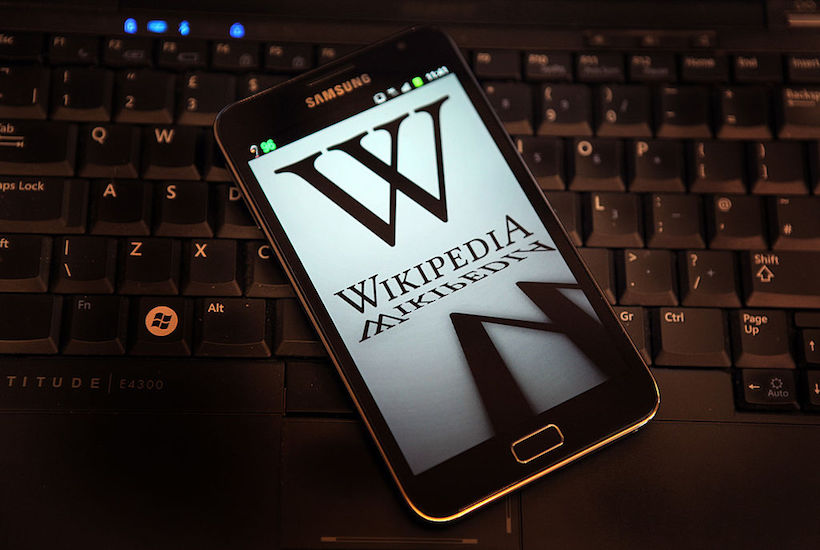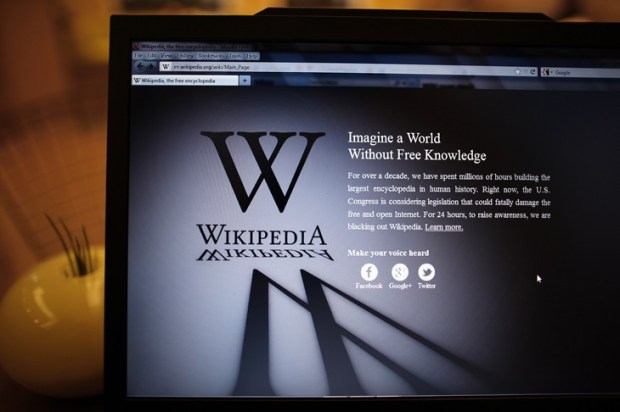It’s no news to Spectator Australia readers that Wikipedia has the potential to be usurped by biased editors and biased sourcing leading to visible faults within its crowd-sourcing approach to generating an encyclopedia.
In my previous articles, I have highlighted that bias exists on talk pages, on user pages, and in the articles themselves.
Already a subscriber? Log in
Subscribe for just $2 a week
Try a month of The Spectator Australia absolutely free and without commitment. Not only that but – if you choose to continue – you’ll pay just $2 a week for your first year.
- Unlimited access to spectator.com.au and app
- The weekly edition on the Spectator Australia app
- Spectator podcasts and newsletters
- Full access to spectator.co.uk
Or

























Comments
Don't miss out
Join the conversation with other Spectator Australia readers. Subscribe to leave a comment.
SUBSCRIBEAlready a subscriber? Log in